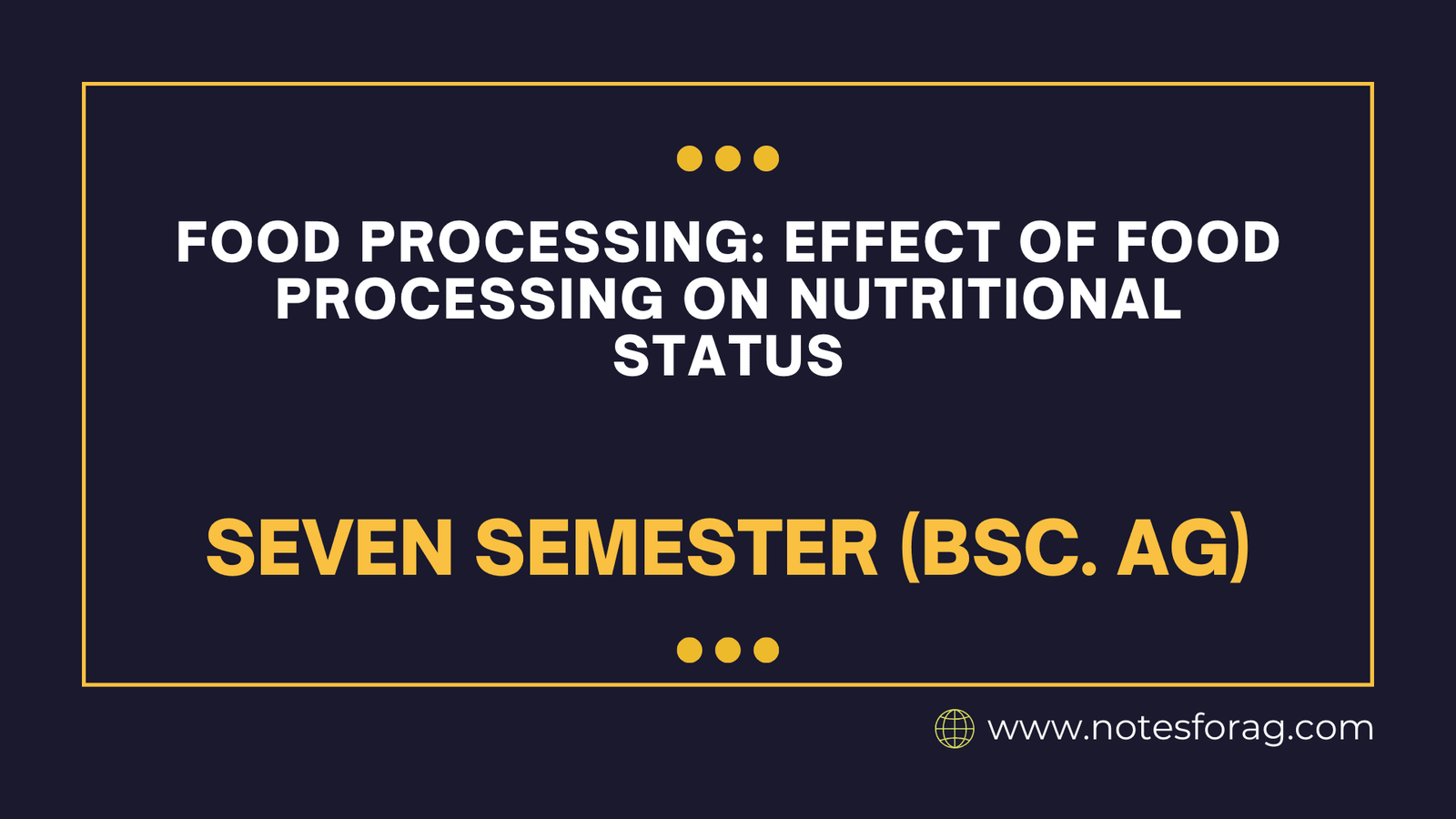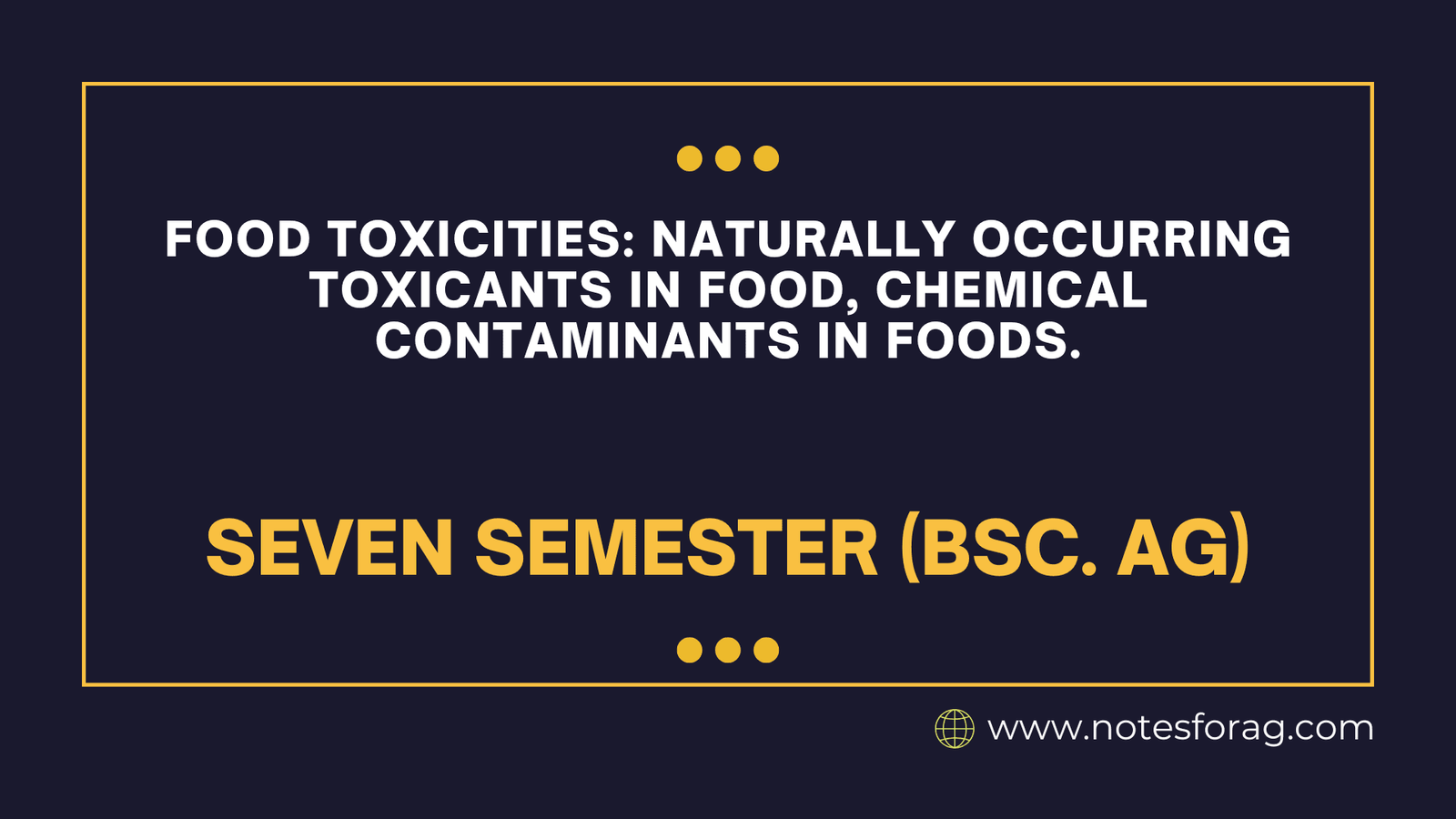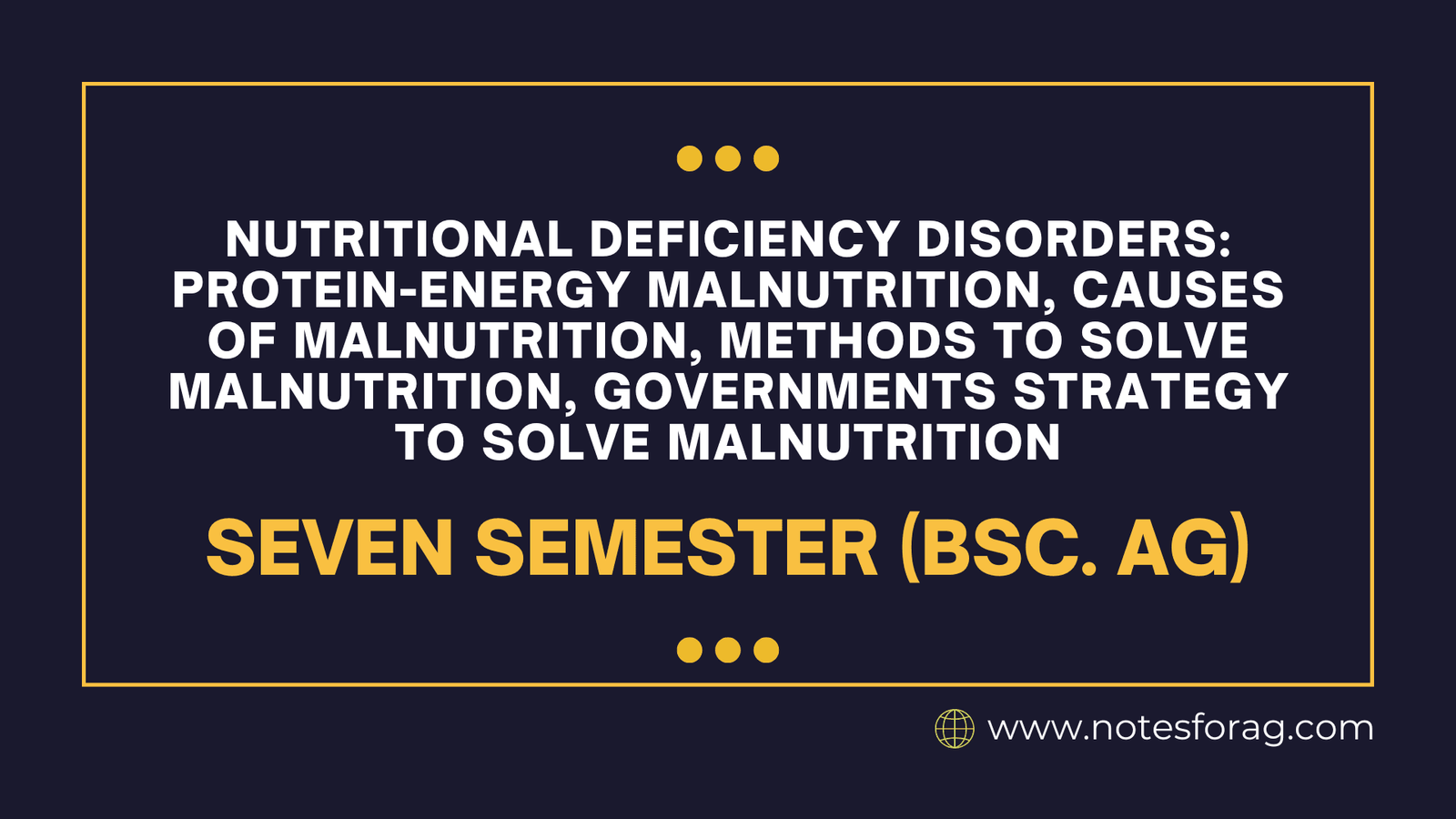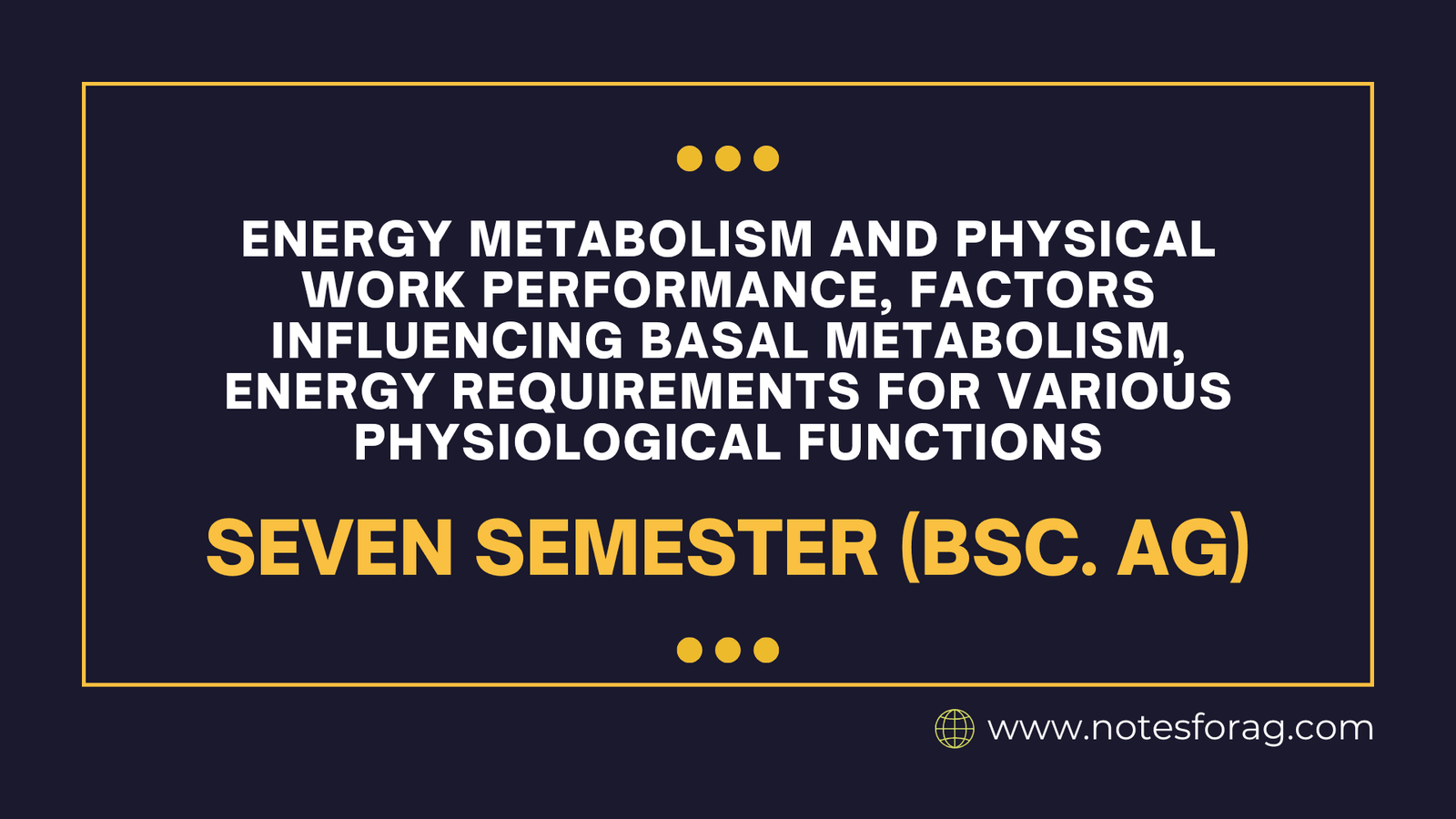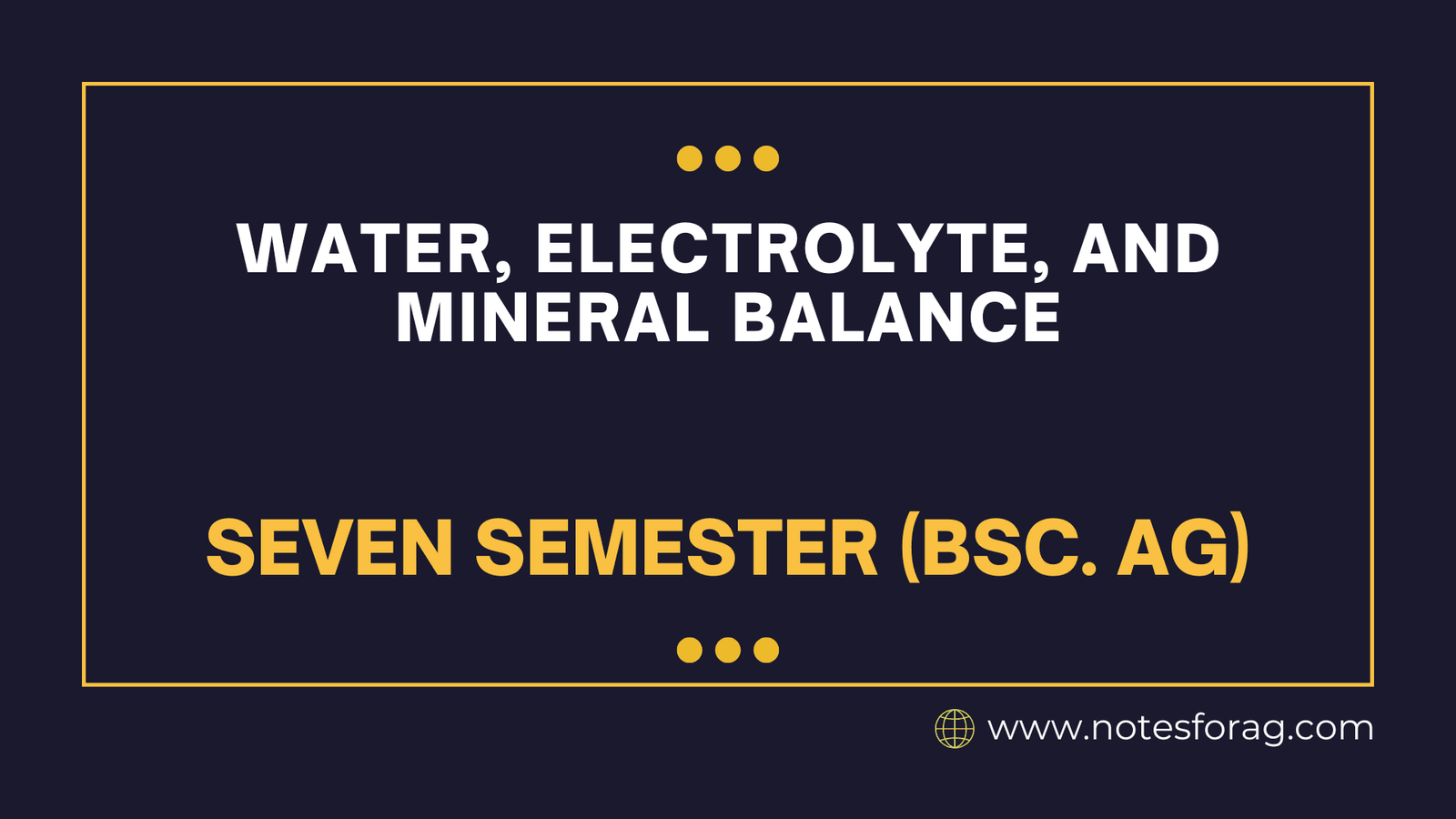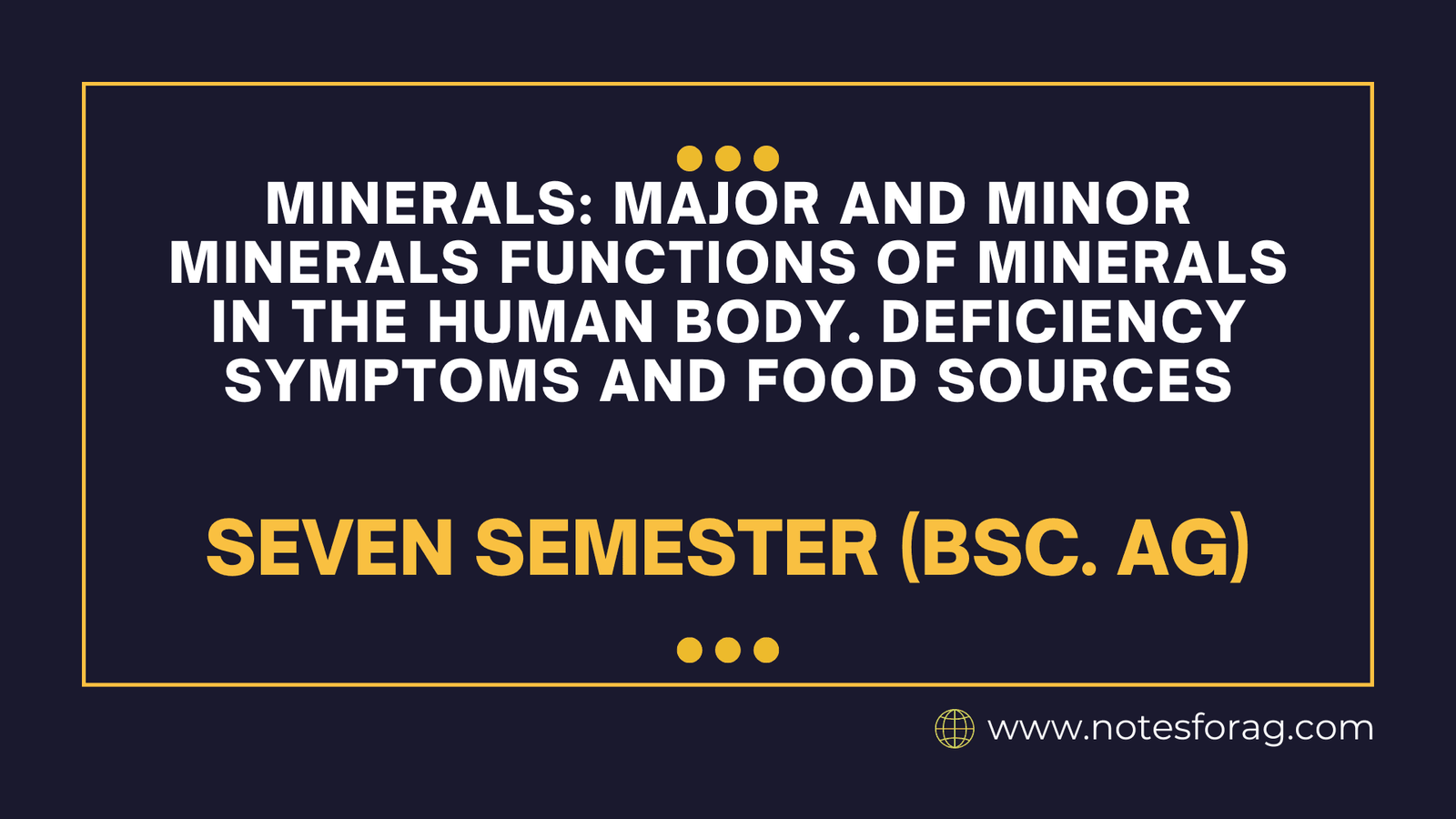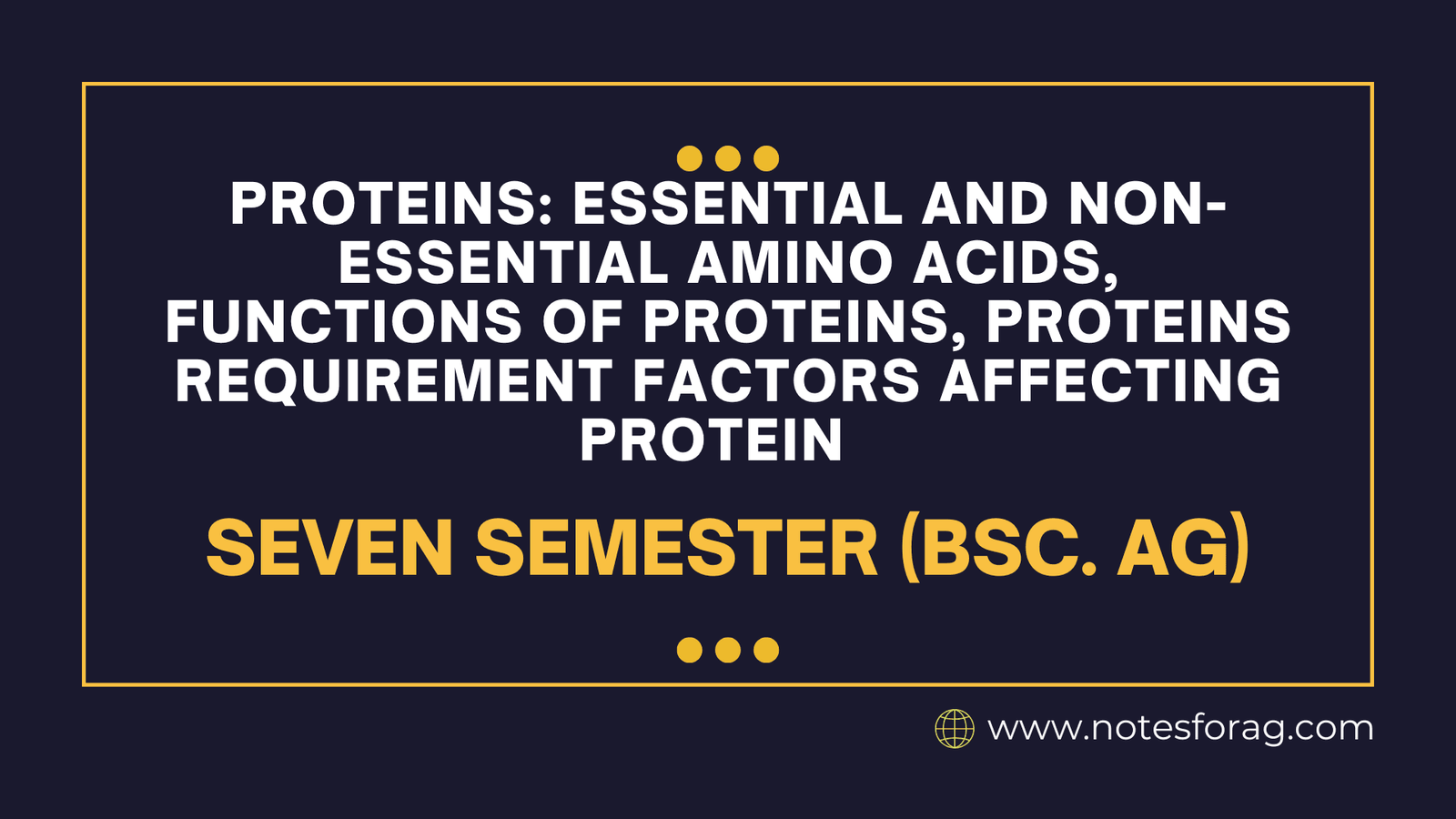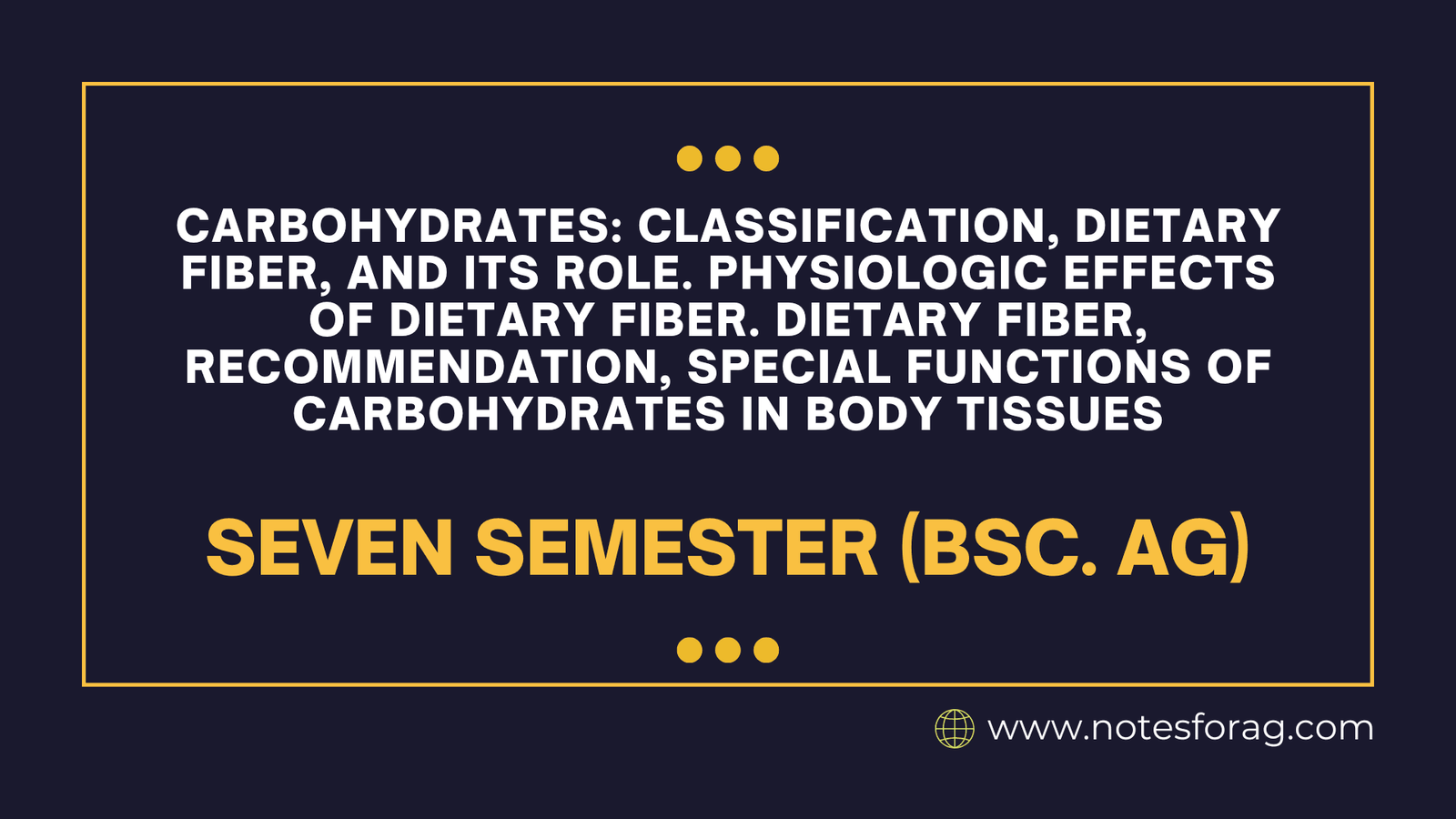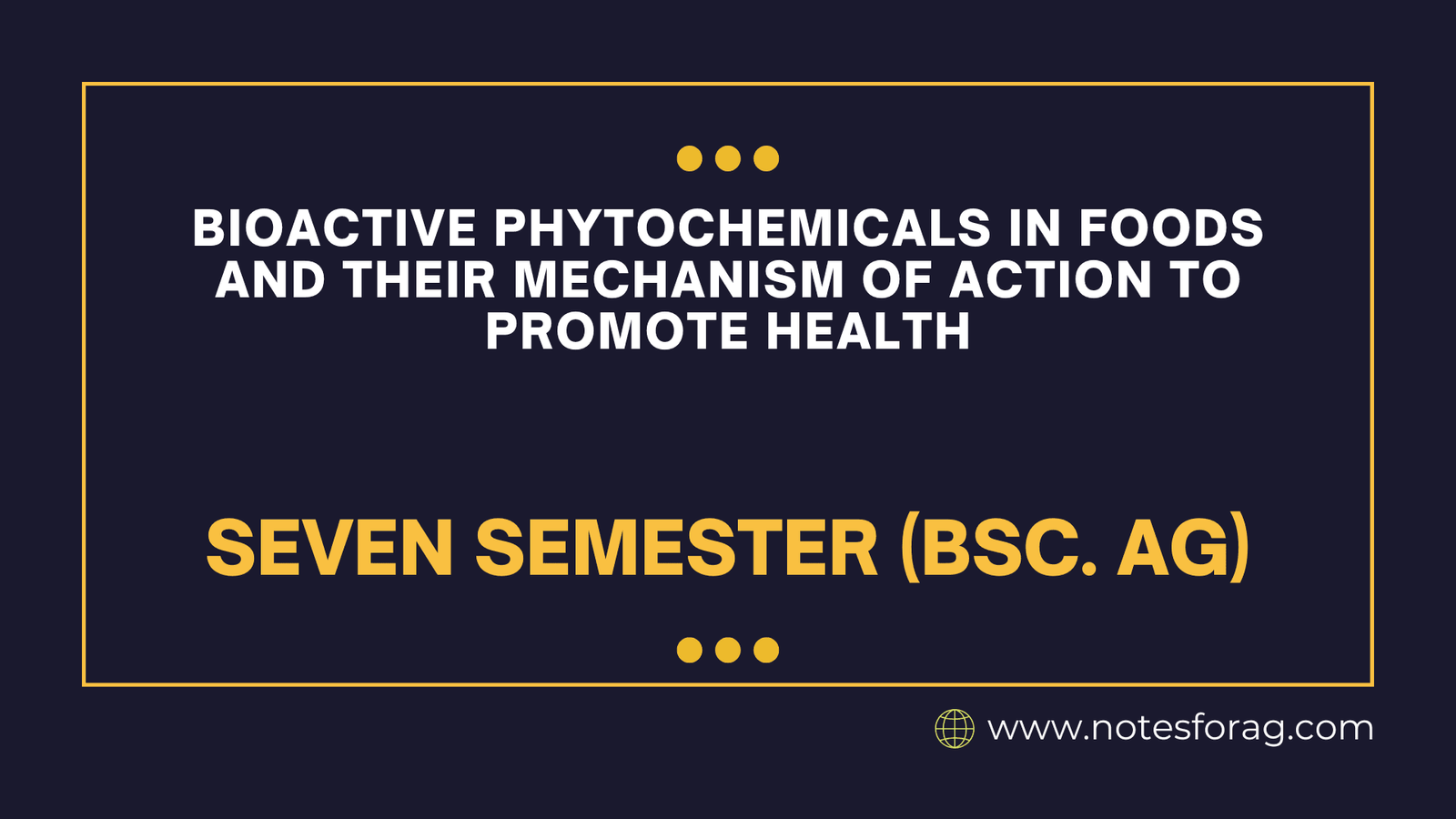Food processing: Effect of food processing on nutritional status
Food processing significantly influences the nutritional value of the foods we eat. Though necessary for food safety, flavor enhancement, and longer shelf life, different processing methods can affect nutrient content in both beneficial and detrimental ways. Here’s a breakdown of how food processing impacts nutrition. Defining Food Processing? Food processing encompasses transforming raw ingredients into … Read more

